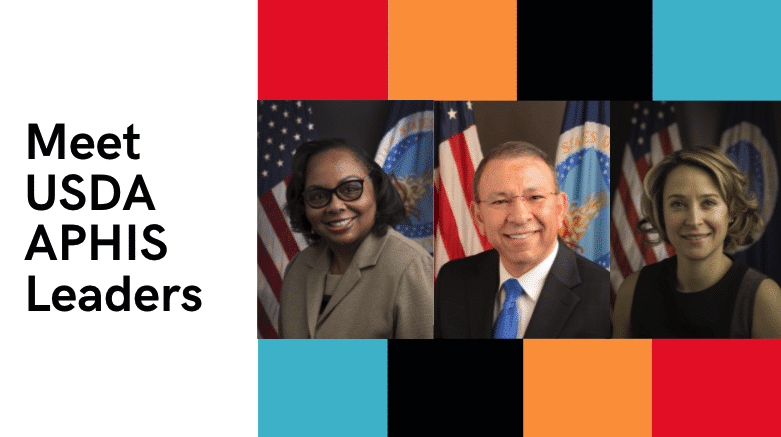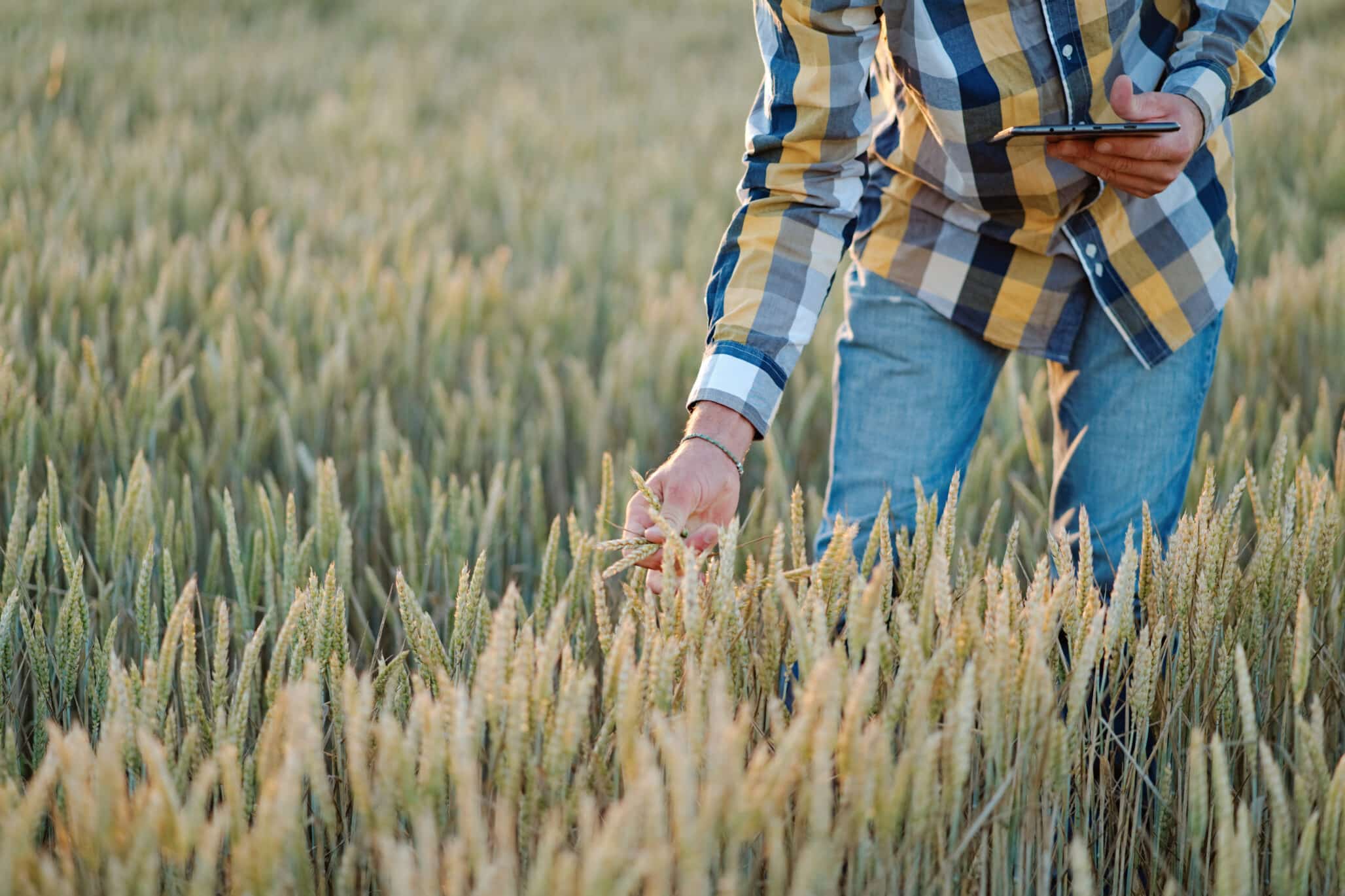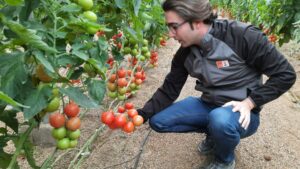Seed World pulls a curtain back to look at the leadership team behind APHIS.
It’s been nearly 50 years since the creation of the Animal and Plant Health Inspection Service (APHIS) in the USDA office, and its mission stays vital every day. What is it? Healthy and profitable American agriculture provides food and clothing for countless people worldwide and is key to our economy, APHIS says.
But, do you know the faces behind the organization — namely, the leadership to keep in mind when working with APHIS? Here’s a few to keep in mind:
Bernadette Juarez, Biotechnology Regulatory Services. If you work with biotechnology, you’re probably familiar with the Biotechnology Regulatory Services (BRS), which is a part of APHIS that implements regulations for certain organisms developed using genetic engineering that may pose a risk to plant health. Leading the BRS charge is Bernadette Juarez, deputy administrator.
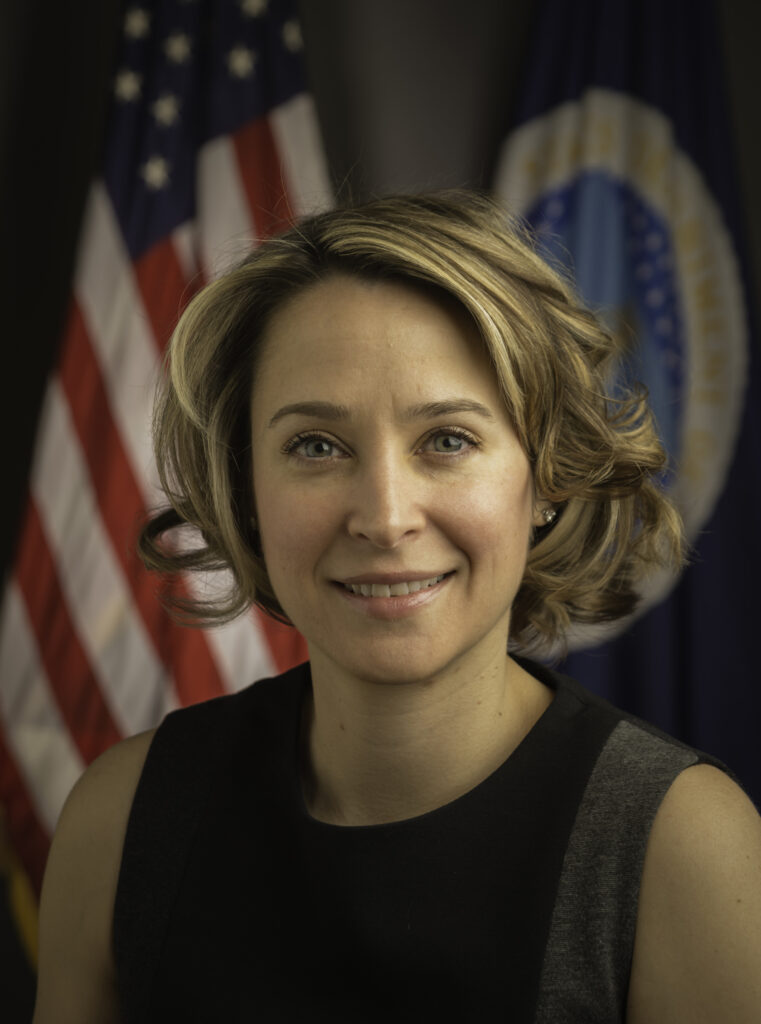
Appointed in Aug. 2019, Juarez provides leadership and direction to ensure the safe development and introduction of organisms developed using genetic engineering. She previously served as deputy administrator for animal care to ensure the welfare of millions of animals nationwide. Prior to coming to APHIS, Juarez was a trial attorney in the USDA’s Office of the General Counsel.
You’ll know Juarez and her team, as they were behind the publication of the first-ever, major revision of the USDA’s biotechnology regulations.
“The revised regulations are projected to save developers an estimated $8.3 million in annual costs, and uphold our strong commitment to protecting plant health,” Juarez says.
Osama El-Lissy, Plant Protection and Quarantine. If you’ve heard anything about phytosanitary concerns, you’ve likely heard a comment from Dr. Osama El-Lissy, deputy administrator of APHIS Plant Protection and Quarantine (PPQ). APHIS PPQ works to safeguard the U.S. against the entry, establishment and spread of economically and environmentally significant pests as well as facilitating the safe trade of ag products.
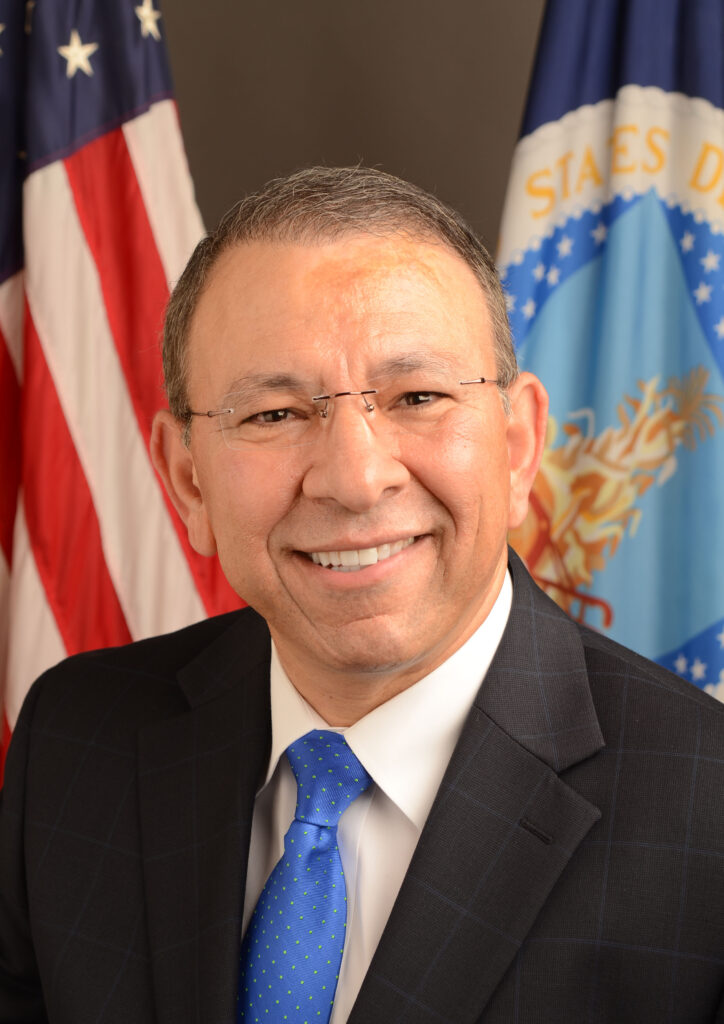
El-Lissy has been serving as deputy administrator for APHIS PPQ since 2013. In particular, El-Lissy has plenty of experience with one specific pest: boll weevil. He’s previously worked and managed large scale pest control and eradication programs from 1994 to 2000 and worked within APHIS rom 2000-2005 as the national coordinator for cotton pest programs.
One particular win El-Lissy’s team has had recently was the 2019 eradication of the plum pox virus.
“We ended our fight with a victory for America’s farmers,” he says. “Plum pox disease is the world’s most devastating viral disease of stone fruit like plums, almonds and peaches. This eradication protected an industry whose crops are worth $6.8 billion with a $5 billion export value.”
Cheryle Blakely, International Services. Another face you might recognize, if you’ve worked in the phytosanitary realm of seeds, is Cheryle Blakely, deputy administrator of APHIS International Services.
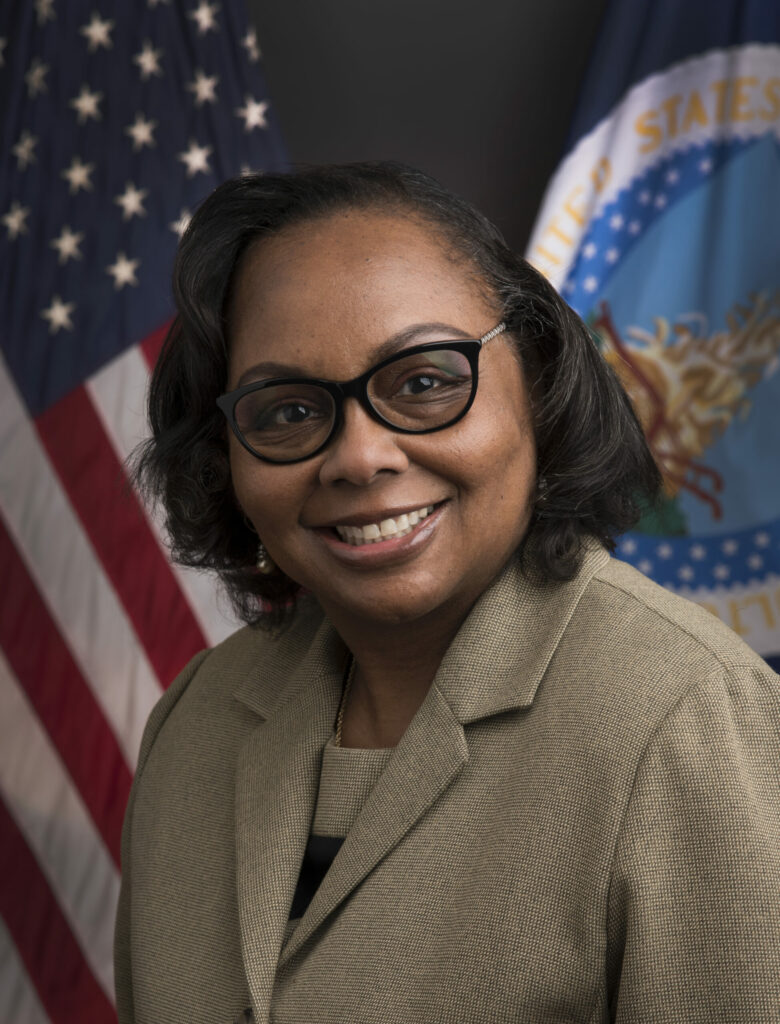
Blakely leads a diverse team of employees, both internationally and domestically. Under Blakely’s guidance, International Services is responsible for collaborating with foreign partners to control pests and diseases. She directs the cooperative engagements with foreign governments to safeguard U.S. agriculture from pests and diseases entering the U.S.
Blakely’s staff facilitated the arrival of U.S. dairy cattle in Lagos as part of a demonstration project and collaboration between U.S. Consulate-Lagos and Nigerian stakeholders. While the market for U.S. cattle to Nigeria is yet to open, this project has allowed the import of 291 U.S. cattle as part of the National Livestock Transformation Plan.
In addition, her staff works closely with agricultural importers to ensure issues concerning products detained for sanitary or phytosanitary concerns are addressed. This close-working relationship often results in shipments being released and allowed to enter the importing country. For the years 2019 and 2020, International Services was successful in effecting the release over 500 shipments of U.S. agricultural products in foreign countries worth over $127 million.


